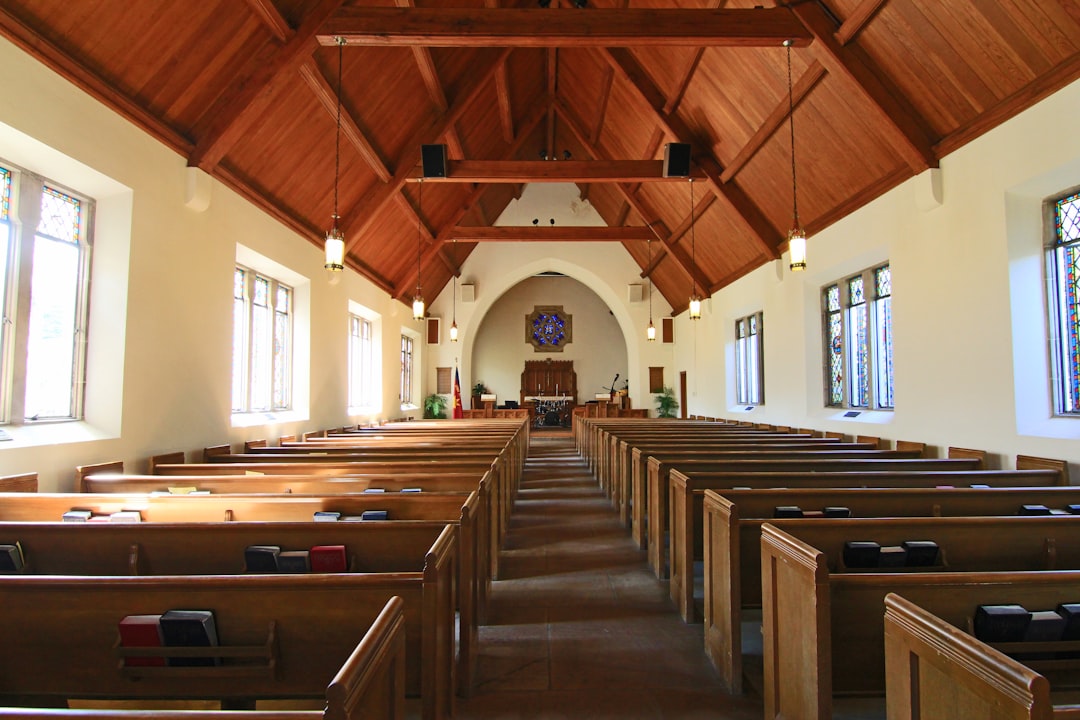In New York, specialized clergy abuse law firms play a vital role in addressing sexual assault cases within religious institutions. These firms help victims navigate complex legal procedures, offer counseling, and ensure fair compensation while pursuing justice against culprits. Through successful settlements, they bring awareness to such crimes, support survivors' healing, and promote institutional accountability, fostering safety and transparency in communities.
In New York, clergy sexual assault cases have garnered significant attention due to their sensitive nature and the unique legal challenges they present. Understanding these cases requires a deep dive into state laws and regulations that protect victims and hold perpetrators accountable. This article explores the crucial role of specialized clergy abuse law firms in NYC, examining notable settlements that have empowered victims and reshaped the community’s response to such traumas. By focusing on clergy abuse law firms New York, we uncover strategies and outcomes that offer insights into navigating these complex legal battles.
Understanding Clergy Sexual Assault Cases in New York: Laws and Regulations
In New York, clergy sexual assault cases are governed by a unique set of laws and regulations that specifically address the sensitive nature of such incidents within religious institutions. These cases often involve complex legal issues due to the hierarchical structure of churches and the potential for power imbalances between clergy members and their congregants. Many victims face significant challenges when coming forward, including fear of retaliation, shame, and a lack of understanding about their rights.
New York state has implemented various laws to protect individuals from clergy abuse, including statutes of limitations that allow victims to pursue legal action within a certain timeframe after the incident. Clergymen found guilty of sexual misconduct face severe penalties, which can include imprisonment and civil lawsuits. Clergy abuse law firms in New York play a crucial role in supporting victims by providing legal counsel, helping them navigate complex legal procedures, and ensuring they receive fair compensation for their suffering. These firms specialize in handling such cases sensitively and effectively, enabling victims to seek justice and healing.
The Role of Law Firms Specializing in Clerical Abuse Claims in NYC
In the complex landscape of clergy sexual assault cases, specialized law firms in New York City play a pivotal role. These firms have honed their expertise in handling clerical abuse claims, providing crucial support and legal representation to survivors. With extensive knowledge of the unique challenges and sensitivities surrounding these cases, they offer a safe space for victims to come forward and seek justice.
The clergy abuse law firms in New York are well-versed in navigating the intricate legal procedures and understanding the emotional toll these cases can take on individuals. They employ strategies tailored to hold accountable those who have committed such acts within the clergy, ensuring that survivors receive fair compensation for their suffering. These firms also contribute to fostering a culture of transparency and accountability within religious institutions by advocating for better protection measures and policies against clerical abuse.
Notable Settlements and Their Impact on Victims and the Community
In recent years, notable settlements in clergy sexual assault cases in New York have brought significant attention to the issue, offering much-needed relief to victims and sending a powerful message throughout the community. These settlements, facilitated by competent clergy abuse law firms in New York, have not only provided financial compensation to survivors but also contributed to raising awareness about the pervasive nature of such crimes within religious institutions.
Each settlement serves as a testament to the resilience of individuals who bravely came forward to share their stories. The financial remuneration is a form of acknowledgment and justice for the harm they endured, allowing them to begin the process of healing and recovery. Moreover, these cases have prompted discussions about institutional accountability and the need for better protection measures within the clergy, fostering a sense of safety and empowerment among victims and community members alike.






